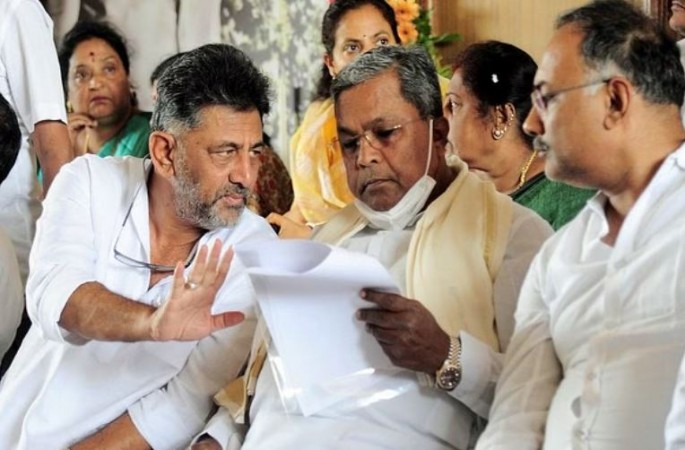
Bangalore: Bengaluru, known as India's Silicon Valley, is facing significant changes under the new Congress-led Karnataka government. The state government is considering a new law that could mandate a 14-hour workday for IT employees, potentially disrupting the work-life balance of engineers and other professionals in the sector.
This proposal follows a recent legislative push that sought to impose significant reservation quotas in job sectors within the state. Specifically, the bill aimed to allocate 50% of management jobs and 75% of non-management jobs to Karnataka residents. The proposed reservation sparked concerns from the IT industry, with NASSCOM, the IT industry association, warning that such measures could deter talent and impact the state's status as an IT hub. As a result, Andhra Pradesh's Minister Nara Lokesh invited IT companies to consider relocating to Hyderabad or Visakhapatnam.
The new proposal to extend work hours has drawn sharp criticism from the Karnataka IT/ITeS Employees Union (KITU). The union claims that the Labor Department has suggested amending the Karnataka Shops and Commercial Establishment Act to facilitate longer working hours. A bill to formalize this change may be introduced in the state assembly soon, though the Karnataka government has yet to officially confirm these plans.
Currently, the law allows a maximum of 10 hours of work per day, including overtime. If the new law passes, it could permit indefinite extensions of work hours, leading to potential changes in work shifts and job cuts. KITU has condemned the proposal as a major assault on the working class, predicting that companies may shift to a two-shift system from the existing three-shift system, resulting in job losses.
The union also expressed concerns about the adverse health effects of increased work hours. They cited statistics showing that 45% of IT employees already face mental health issues and 55% suffer from physical ailments. According to a WHO-ILO study, extended work hours could increase the risk of stroke-related deaths by 35% and deaths from heart diseases by 17%.
KITU argued that this proposed legislation contradicts global trends favoring shorter work hours and better work-life balance. Many countries are adopting "Right to Disconnect" laws, which allow employees to avoid work-related communications during non-work hours. This discussion comes in the wake of last year’s controversy involving Infosys Chairman NR Narayana Murthy, who recommended a 70-hour workweek, igniting further debate on work hour practices.
Kangleipak Communist Party Claims Responsibility for Execution-Style Murder in Manipur's Imphal East
Puri's Srimandir Ratna Bhandar Mysteries: Secret Tunnels, Chambers, and Ancient Weapons